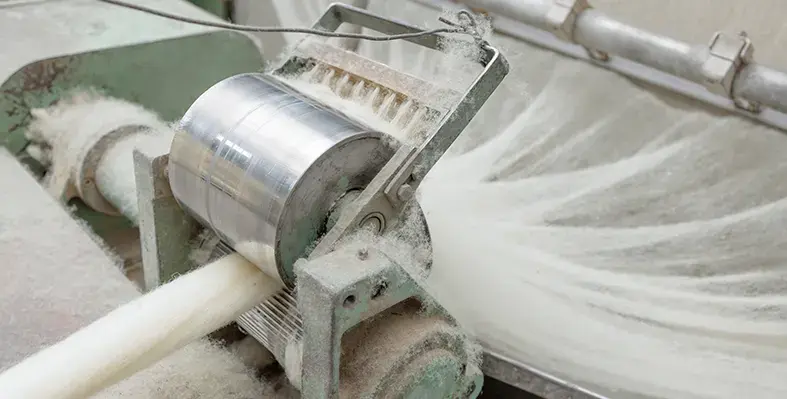On World Cotton Day 2025, celebrated at FAO headquarters in Rome, Africa’s cotton sector took centre stage as stakeholders emphasised a bold shift toward sustainable, value‑added trade to underpin inclusive industrialisation and climate‑smart growth under the AfCFTA framework
Cotton still lies at the heart of many African rural economies from Chad and Burkina Faso through to Zambia and Tanzania but the industry now faces growing headwinds. Export dynamics are changing: the benefits once enjoyed under AGOA are expiring, and buyers demand higher sustainability standards. Meanwhile, farmers wrestle with unpredictable rainfall, degrading soils, constrained finances and weak access to agricultural innovations. A significant portion of the cotton harvested continues to be shipped off the continent as raw fibre, meaning African nations forego the higher revenues and employment that come with processing and manufacturing.
At the Rome gathering, organisations such as ITC, FAO, WTO, UNIDO and African governments reaffirmed their resolve to deepen the cotton‑to‑clothing value chain across the continent. The goal is to help farmers, designers and artisans move up the chain, build climate resilience, and create fairer trade opportunities. In Tanzania and Zambia, for instance, smallholders are trialling climate‑smart approaches: instead of burning crop residues, they convert them into biochar to restore soil fertility and cut emissions. Over 10,000 Tanzanian farmers employed these practices in a year, seeing yield rises of up to 20%. In Zambia, around 130,000 farmers doubled their output while tapping into the world’s first cotton‑linked carbon credits.
Elsewhere, in Burkina Faso, Côte d’Ivoire and Mali, women artisans and emerging fashion creators are transforming African cotton into high‑value textile goods. Through partnerships with the Ethical Fashion Initiative (EFI), they access global markets and elevate Africa’s design identity. At the manufacturing end, support schemes such as ITC’s GTEX/MENATEX and the UK Trade Partnerships (UKTP) are helping firms in Egypt, Ethiopia and Tanzania to scale, improve competitiveness, and expand trade within Africa and beyond.
The ambition is bold: under AfCFTA’s umbrella, cotton can evolve from a raw export into a vibrant, sustainable industry. African governments and partners are pushing for investment in regional processing, compliance with sustainability norms, and smart trade strategies. In this renewed vision, cotton ceases to be merely a crop it becomes a conduit for economic empowerment, climate action, and pride. The aspiration is clear: an Africa where cotton is not only cultivated, but processed, designed and traded, sustaining both communities and a more equitable future.





